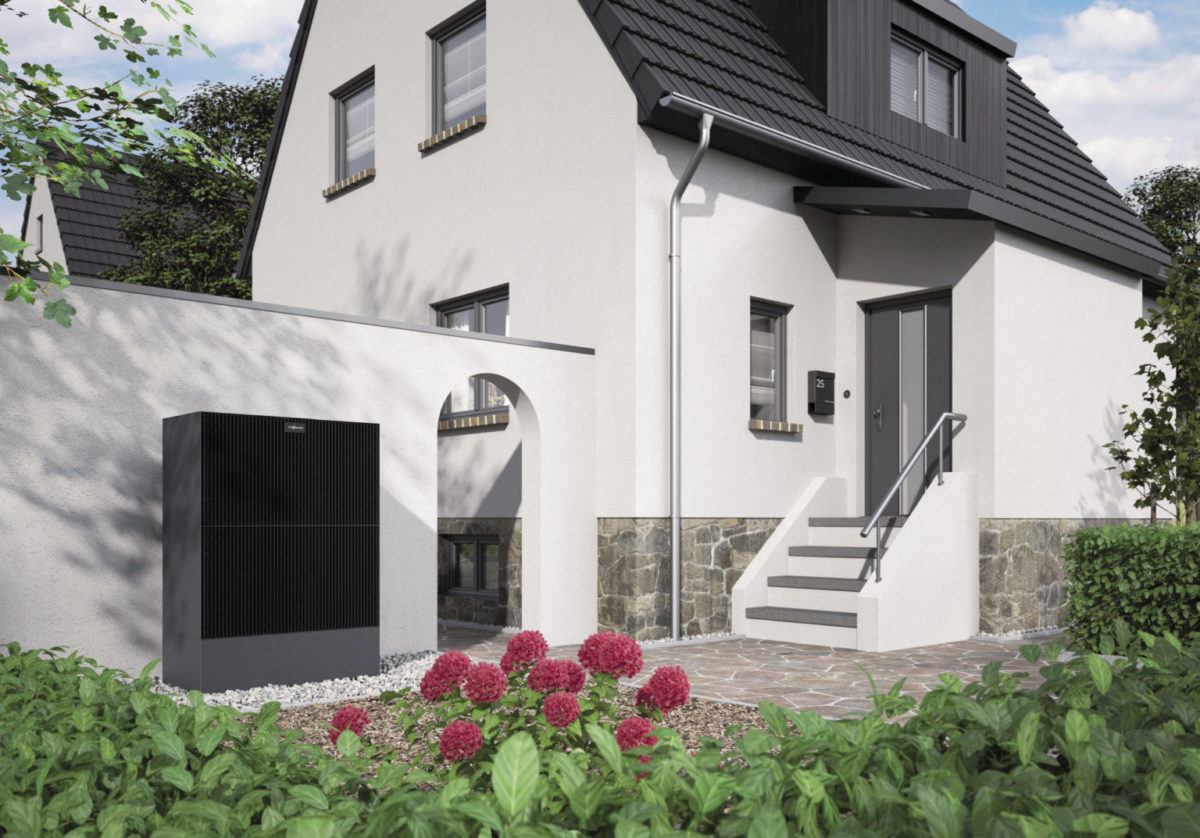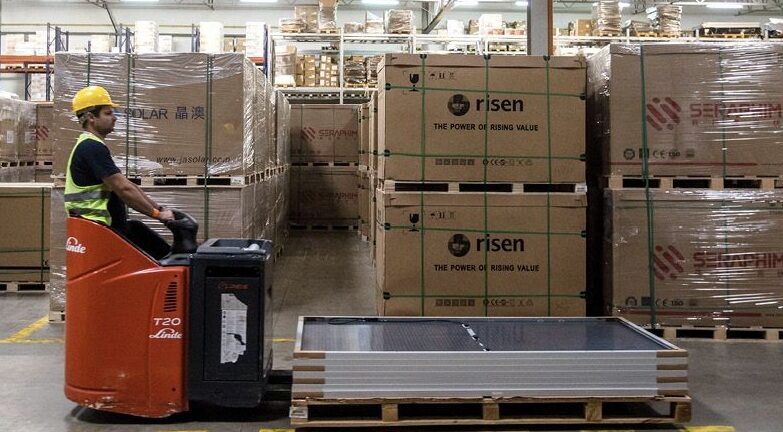The Netherlands installed 110,000 residential heat pumps in 2022, up 57% from 2021, the DHPA said in a recently published statement.
The Dutch government will ban the sale of standalone central heating boilers from 2026, with all households required to install hybrid heat pumps using the heat from boilers as a secondary heat source. In 2022, the Hybrid Heat Pump Action Plan resulted in a 130% surge in sales for such heat pump technologies.
The number of installed air-water heat pumps increased by 100% to 73,000 in 2022. Of these, at least 23,000 were hybrid models, according to the DHPA.
“The fact that the growth rate of hybrid heat pumps is probably even higher than the number measured is because models of air-water heat pumps have also been installed that can run as both all-electric and hybrid, but are not registered as hybrid,” said DHPA Chairman Frank Agterberg.
To accompany the technology’s growth, “the sector is investing heavily in production lines, import capacity, and stocks,” says Agterberg. “At the same time, we are working with Techniek Nederland on the installation capacity. For example, we are setting up a national training program with suppliers and installers,” he added.
Last year’s remarkable growth in the Dutch residential heat pump market was mostly concentrated in wealthy households. “Making the less wealthy households gas-free is now the challenge,” said Agterberg.
This year, the association also wants to focus on expanding the photovoltaic-thermal (PVT) heat pump market.
“We do not yet have concrete figures for this [source], but you can notice that it is growing rapidly,” Agterberg said.
This content is protected by copyright and may not be reused. If you want to cooperate with us and would like to reuse some of our content, please contact: editors@pv-magazine.com.



1 comment
By submitting this form you agree to pv magazine using your data for the purposes of publishing your comment.
Your personal data will only be disclosed or otherwise transmitted to third parties for the purposes of spam filtering or if this is necessary for technical maintenance of the website. Any other transfer to third parties will not take place unless this is justified on the basis of applicable data protection regulations or if pv magazine is legally obliged to do so.
You may revoke this consent at any time with effect for the future, in which case your personal data will be deleted immediately. Otherwise, your data will be deleted if pv magazine has processed your request or the purpose of data storage is fulfilled.
Further information on data privacy can be found in our Data Protection Policy.